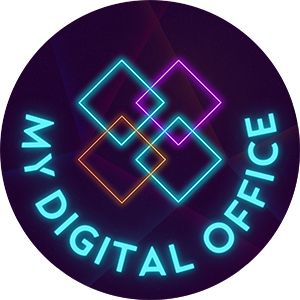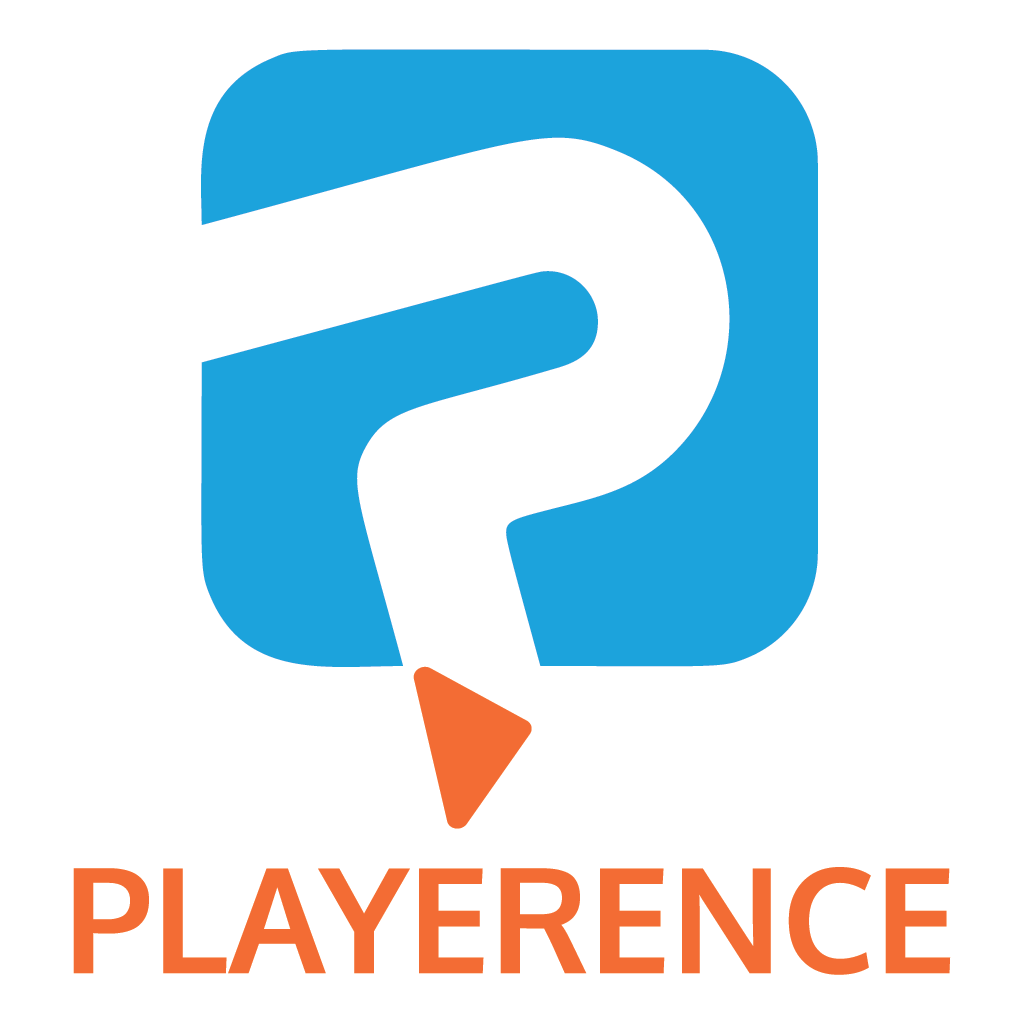With Covid restrictions coming to an end and employees unwillingly flocking back to physical offices, businesses are faced with a dilemma of whether to go remote-first or not.
If you’ve also been debating whether your organisation should accommodate hybrid teams and allow for remote work, the moment to make a decision has now arrived. 16% of businesses worldwide are fully remote, and even more people are projected to search for future opportunities that would allow them to ditch the commute permanently.
Understandably, being a remote-first company and forsaking the office can be a drastic change for some businesses, resulting in having more questions than answers. While many employees would welcome such an initiative with open hands, managers could be left pondering whether a full work-from-home or at least hybrid culture is organisationally feasible.
Nevertheless, do you think this is something that could appeal to you and your organisation?
This article will explore the concept of a remote-first company, talking about the benefits and the obstacles of implementing work-from-home arrangements.
If you want to learn more about the implications of going remote for both organisations and employees, continue reading.
What is a Remote-First Company?
In a nutshell, the term “remote-first” refers to an organisational model in which working remotely is the primary choice for most or all employees.
Being a remote-first organisation is the default position, in which virtual work is equivalent to working in a physical office. Contrary to common belief, remote-first culture is not about providing perks and benefits to employees; instead, it is a working practice that is deeply ingrained in the business.
The success of a remote-first mindset lies in equitability in access, ensuring that there are no advantages or disadvantages of working virtually.
The Building Blocks of Remote-First Organisation
Becoming a remote-first business is not a simple checklist activity. It is worth noting that some companies prefer to start out as a hybrid enterprise rather than a full-fledged digital-first company. However, irrespective of the route you choose, there are specific building blocks that must be considered, including:
- Asynchronous Communication.
As the basis of remote work, async communications optimise how and when employees work and communicate. Mastering out-of-sync communications means that projects can be moved forward without needing to be physically or virtually present at the same time.
- Remote Office Communication Tools.
Asynchronous communication must be supported by appropriate communication tools that enable collaboration and function as a central hub of communication. These could include emails, chat tools, video conferencing, file-sharing tools, and discussion boards, among others.
- Foster a Culture of Documentation.
Working effectively in a virtual office environment is based on having well-documented communications and processes. It is not that easy to come up to your colleague and ask questions, unlike in the physical office environment. Being geographically dispersed and operating in different time zones, remote-first teams must have an easily accessible knowledge base to perform their jobs more effectively.
- Virtual Team Building Opportunities to Encourage Positive Employee Interactions.
Office parties, get-togethers, and celebrations contribute to developing a distinctive workplace culture. Workers who perform their duties from home may feel isolated. However, such concerns are mitigated in a remote-first setup by prioritising these interactions. Virtual team members can engage with each other, further improving team dynamics and boosting remote employee morale.
- Employee Autonomy and Trust
Research shows that management often worries about the performance of employees who work remotely, while workers believe that they must be “always on” to be trusted. However, the success of remote-first depends on employees’ ability to work autonomously and managers’ trust in their workforce.
What Are the Remote-First Implications?
Management Concerns
Going remote has immeasurable implications for businesses and employees alike. First and foremost, companies can take advantage of global hiring trends, not just access to people living near the physical office. In addition, a remote working setup also transpires in improved employee engagement and monetary savings on large office spaces.
However, business executives are frequently resistant to the idea of going remote. They simply doubt that the same output and productivity can be achieved working away from the physical office.
But one raises a hypothetical question – what does actually enable an office employee to be productive? Is it the office per se? Or simply the appropriate tools, such as a computer, stable internet connection, and video conferencing software coupled with the right synergy between the team members?
With My G-Nation, virtual office space can be designed to reduce managerial mistrust. Features, such as Time Reports, allow you to get a general idea of the time your team spent on working, while Task Function enables you to see what progress has been made during the day or the week.
Employee Engagement and Out-Of-The-Loop Problem
From the employee’s perspective, isolation is one of the primary negative outcomes of virtual employment. Remote teams often feel isolated compared to their in-house counterparts. They feel like they are missing out on important events and social interactions.
The good news is that My G-Nation allows employees to almost perfectly replicate everyday office interactions. One of your colleagues is celebrating a birthday? No problem, you can ping him or her and wish them a happy birthday. After-work drinks or even a full-blown digital office party? Yes, our solution makes it possible too!
The Bottom Line
Whether your business is ready or not, the future of working remotely is here. Thanks to Covid, employee expectations have changed forever, so going into the next decade, the question will no longer be “why should you go remote-first? but “why are you not yet?”
Are you ready to enable your team to fulfill their roles effectively from anywhere in the world? Book a demo or take advantage of our free trial!








